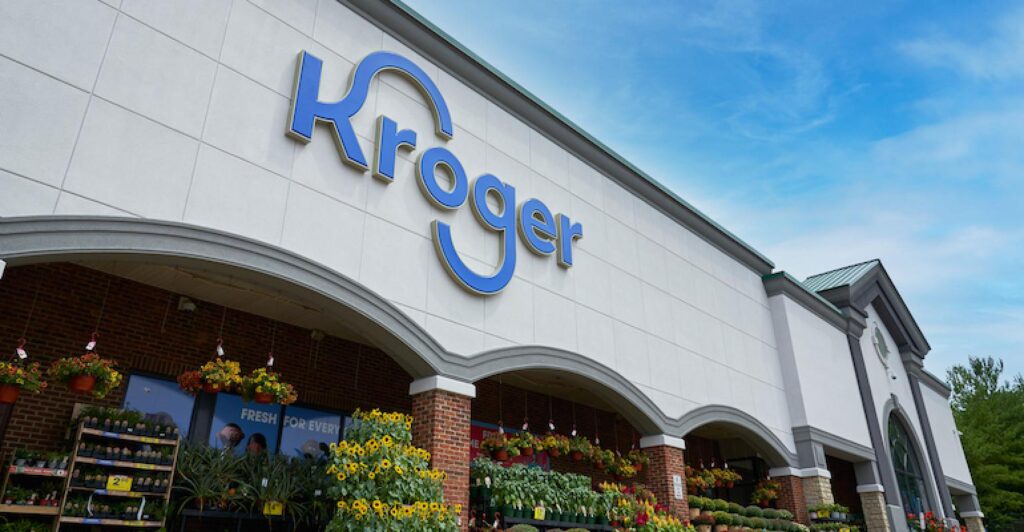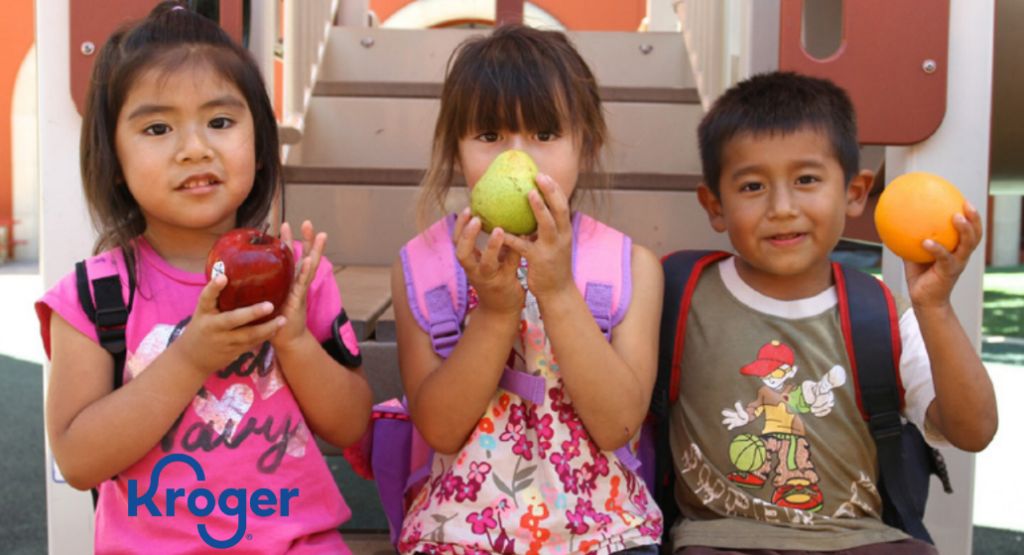Kroger To Donate 10 Billion Meals by 2030 To Feed Neighbors Struggling with Hunger

|
Listen to this story:
|
- Retailer achieved three billion meals by 2025 goal two years early
- Combination with Albertsons will accelerate commitment to hunger relief
- 10 billion meals would feed everyone in Seattle, Denver, Chicago and Boston every meal, every day, for nearly two years
As part of its bold Zero Hunger | Zero Waste plan, The Kroger Co. announced that, upon completion of the merger with Albertsons Cos., the combined company will donate 10 billion meals by 2030 to feed people struggling with hunger.
Ten billion meals is enough food to feed every person in the cities of Seattle, Denver, Chicago and Boston every meal, every day, for nearly two years.
“Our Zero Hunger | Zero Waste impact plan is centered around connecting people to the food they need to thrive,” said Rodney McMullen, chairman & CEO, The Kroger Co. “We believe food should serve its highest purpose – powering healthy lives. Today, we feed others through daily store donations of surplus fresh food for local food banks, charitable giving to organizations focused on feeding people, and coalitions of action to achieve our mission. Together, Kroger and Albertsons Cos. will be able to do much more for our communities than we can do separately.”

When Kroger launched its Zero Hunger | Zero Waste plan in 2017, it committed to donating three billion meals by 2025. The retailer achieved that milestone in the first quarter of 2023, more than two years ahead of its goal, as a result of strategic focus and engagement. Albertsons Cos. has set similar meal donation goals as part of its Recipe for Change program and recently enhanced its commitment by announcing $9 million in Nourishing Neighbors Innovation Spark Grants to nonprofits committed to ending the cycle of hunger.
See related article: Kroger Announces Major Recycling Program Milestone
“At Albertsons Companies, we are incredibly proud of the work our teams do every day to reduce food insecurity in our local communities and help ensure all our neighbors have access to a nutritious meal,” said Vivek Sankaran, CEO of Albertsons Cos. “Combining our capabilities with Kroger will allow the combined company to set even more ambitious goals and make an even bigger difference in the communities we proudly serve.”
The new goal to deliver 10 billion meals over 10 years, from 2021 to 2030, will be made possible by bringing together the best of both companies’ processes – including operational excellence, strategic charitable giving and more – to accelerate a shared commitment to feeding people and reducing waste, especially food waste. Kroger will continue to expand participation in its companywide Zero Hunger | Zero Waste Food Rescue program, explore increasing the number of items eligible for safe donation, and invite more customers to help end hunger in our communities.
Kroger’s Zero Hunger | Zero Waste impact plan expresses the company’s mission to solve a fundamental absurdity at the center of our food system: 40% of food goes to waste every year, and one in eight people in America struggle with hunger. Through Zero Hunger | Zero Waste, Kroger is committed to:
- Feed: Expand surplus fresh food recovery and redistribute to provide meals to the communities it serves
- Nourish: Improve health and well-being by promoting fresh foods and affordable, better-for-you options for everyone
- End waste: Embed retail best practices to optimize ordering, extend freshness and reduce waste in its operations
- Inspire change: Direct funding to social entrepreneurs who are transforming the food system through the Zero Hunger | Zero Waste Foundation’s Innovation Fund
- Advocate: Support public policy and legislative solutions that improve food access and create infrastructure for a zero-waste future
- Transform: Advance planet-forward agricultural production methods around the world to conserve natural resources and protect habitats
- Collaborate: Cultivate long-standing and new relationships for meaningful collective action to achieve our Zero Hunger | Zero Waste goals
- Build stronger communities: Align charitable giving, community engagement and volunteerism to create a better future










